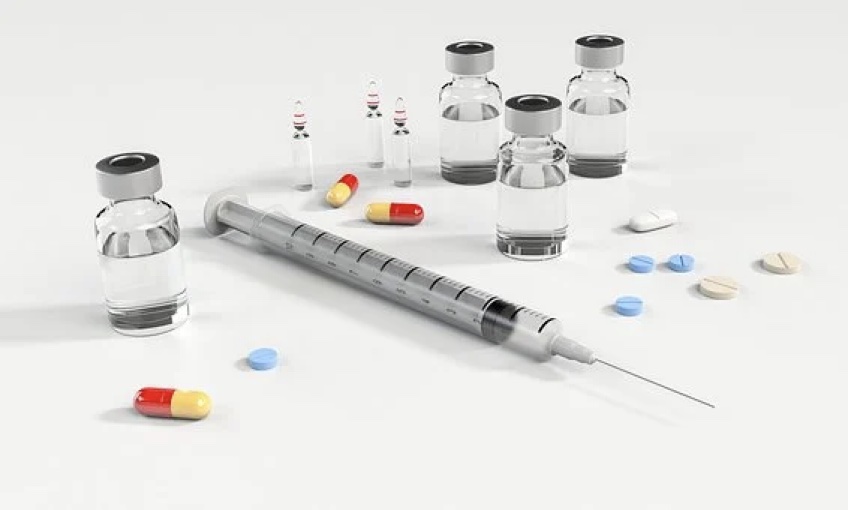Have you or someone you know recently been struggling with supporting a family member who is currently going through the process of recovering from an addiction? Maybe you have been trying to help a family member who struggles with substance abuse for years now, and you are always trying to find new ideas or resources to help with the struggle? Perhaps your family member has just gotten out of a rehabilitation facility, and you want to do everything in your power to support them as they go through the recovery process? If any of this sounds like your situation, then keep on reading in order to learn some more valuable information. This article will discuss a few ways to properly support a family member who is going through the recovery process.
Planning
The first thing you should do if you want to make sure that your family member recovering from addiction gets all the support they need is to create a plan of action. A good plan will allow you to be prepared for different situations, and ensure that your family member is constantly getting all the necessary support for their recovery. Your plan could include emergency contacts, daily medication schedules, and other variables that will play an important factor in your family member’s recovery.
Education
Another important part of being able to care for someone who is going through the process of recovering from an addiction is to make sure that you and your other family members are educated on the subject. There are lots of different classes that discuss how to help support someone who is going through addiction if you are the person who prefers face-to-face learning. During the Covid-19 pandemic, lots of people have also begun to utilize online educational courses and seminars in order to get educated about addiction and recovery from the safety of their own homes. The more information and understanding you have about addiction, then the better you will be equipped to help out your struggling family member through their journey to recovery.
Medical Help
If someone in your family is struggling with addiction or going through recovery, then it is almost always highly recommended that they visit a medical professional to get assessed and treated for their illness. You may be wondering, what does it mean to hit rock bottom? The answer is that if they have reached the lowest point of their struggle, it can often serve as the vital turning point needed to turn their life around. A medical professional can refer your loved one to a rehabilitation facility, if necessary, that can provide the support and treatment needed for recovery. Alternatively, depending on the type of addiction that your family member has, they might be prescribed some kind of medication to help them cope with the associated withdrawal symptoms from their substance abuse problem. Many people do not realize that addictions to alcohol or opiates can have withdrawal symptoms that can even include death. Make sure that you take your family member’s recovery process seriously and do whatever you can to help them out.
Home Delivery
Sometimes after visiting a medical professional to get help from a licensed doctor to treat your family member’s addiction you will be required to pick up a prescription from a pharmacy in order to get the proper medication to help treat certain addictions. If you are not someone who has a driver’s license or access to a car, then having to make repeat trips to the pharmacy can sometimes prove to be a huge inconvenience. The consummate professionals from Recovery Delivered talk about how you can arrange to have medications, such as Suboxone, delivered directly to your address, rather than having to commute all the way to the closest pharmacy. Sometimes people who are in the recovery process do not even have the energy to leave the house, so having a delivery service available could potentially make a huge difference in their success.
Taking on this issue in a safe home environment allows patients to feel more at ease during difficult stages of treatment. A comprehensive holistic virtual rehab solution provides support that extends beyond medication by incorporating therapy, wellness coaching and ongoing monitoring. This integrated approach can significantly reduce the stress associated with constant travel for appointments. For many families, such flexible care models create a more sustainable recovery path.
Support Systems
Having different support systems to help your family member through the recovery process can sometimes be the difference between success and failure. Support systems will be able to help your struggling family member get the emotional, physical, or mental health support that they require exactly when they need it. There are many programs in place, such as Alcoholics Anonymous, that exist to provide recovering addicts with a support system to help them stay sober. This could include things like weekly meetings, sponsors, and other things to help with the recovery process.
Psychotherapy
One of the best things for people who are struggling with addiction or going through the process of recovery is to get some sessions booked with a psychotherapist. Psychotherapy has been proven to help people who struggle with addiction, and aid in the overall process of recovery. If you are unfamiliar with this type of therapy, then do some research or talk to a professional before trying it out.
Patience
You need to have patience when dealing with anyone who is going through the recovery process. Although it is extremely important to make sure you have your own boundaries in place, having a little patience will certainly go a long way to aiding in the recovery process.
Scheduling
Having a set schedule to aid in the management of your family member’s recovery can help you to organize and coordinate between different family members, doctors, and friends who are also trying to help. There are lots of options for ways to schedule responsibilities, and you can even use online apps to help you make sure everyone is on the same page.
After reading through a few of the different ideas presented above, the hope is that you have found some helpful information about how to properly support a family member who is going through recovery. Going through recovery is a lifelong process, and you will always be an addict even after you recover from your substance abuse problem. Many people like to think about taking the challenge one day at a time, rather than focusing on the fact that it will take a lifetime to stay strong. There are millions of people who go through the recovery process every year, and it is important for you or your family member to know that they are not alone in the struggle. By using some of the ideas and resources provided above, then you should have a much easier time managing the way you support a family member going through recovery.









